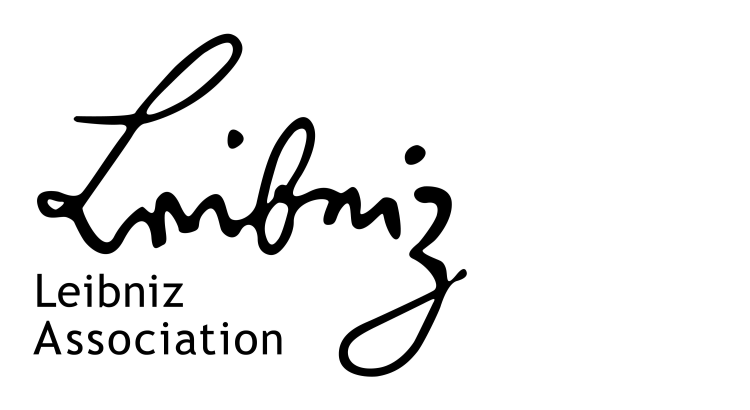- Home
- Research & Transfer
- Research Projects
- Democratic Institutions in the Global South
Democratic Institutions in the Global South (DEMINGS)
This project contributes new knowledge on the functioning of democratic institutions in the Global South, their (in)efficacy to constrain powerful executives, and the effects of particular institutions on both democratic quality and regime stability. The focus is on countries with presidential constitutions, i.e., those with directly elected presidents, an institutional choice that extended worldwide in the last decades.
Leibniz Competition, 2021-2027
Team
Research Questions
(1)Under what conditions can powerful executives in consolidating democracies be rendered accountable?
(2)How do incumbents go about institutional constraints? When are they prone to adhere to existing constitutional rules or instead inclined to bending or changing such rules? Which rules do they tinker with, through which mechanisms, and with which results?
(3)Under what conditions do democratic institutions have the power to challenge powerful presidents? How do institutions build capacity to prevent presidential abuses of power? What role do courts and legislatures play as control institutions?
(4)What is the impact of troublesome inter-institutional relations on the quality of democracy and democratic survival?
Contribution to International Research
By answering these questions, the project contributes to different bodies of academic scholarship: the burgeoning literature on democratic backsliding and autocratization, extensive comparative politics literature on presidential powers and their constraints, and the diverse contributions from area studies on the workings of political institutions in individual countries. A central goal of this project is to engage and to train young scholars in the analysis of democratic institutions and their policy and politics implications. In addition, the project aims to sensitize decision-makers, civil society actors, and citizens on the importance of democratic institutions for the future of global democracy.
Research Design and Methods
The project undertakes context-sensitive comparative research on democratic institutions within and across the regions of the Global South. This research strategy aims to enrich our understanding of political institutions in different ways, such as through the incorporation of conceptual and theoretical perspectives that are used to understand similar phenomena in different world regions or by highlighting the specificities of certain regional and subregional institutional developments. The project embraces the cooperative research agendas of the principal investigator, postdoc researchers and doctoral researchers. Current research topics include the politics of presidential term limits in Latin America and sub-Saharan Africa, presidential impeachments, institutional innovations in the judiciary, and multilevel party systems in Latin America.
















